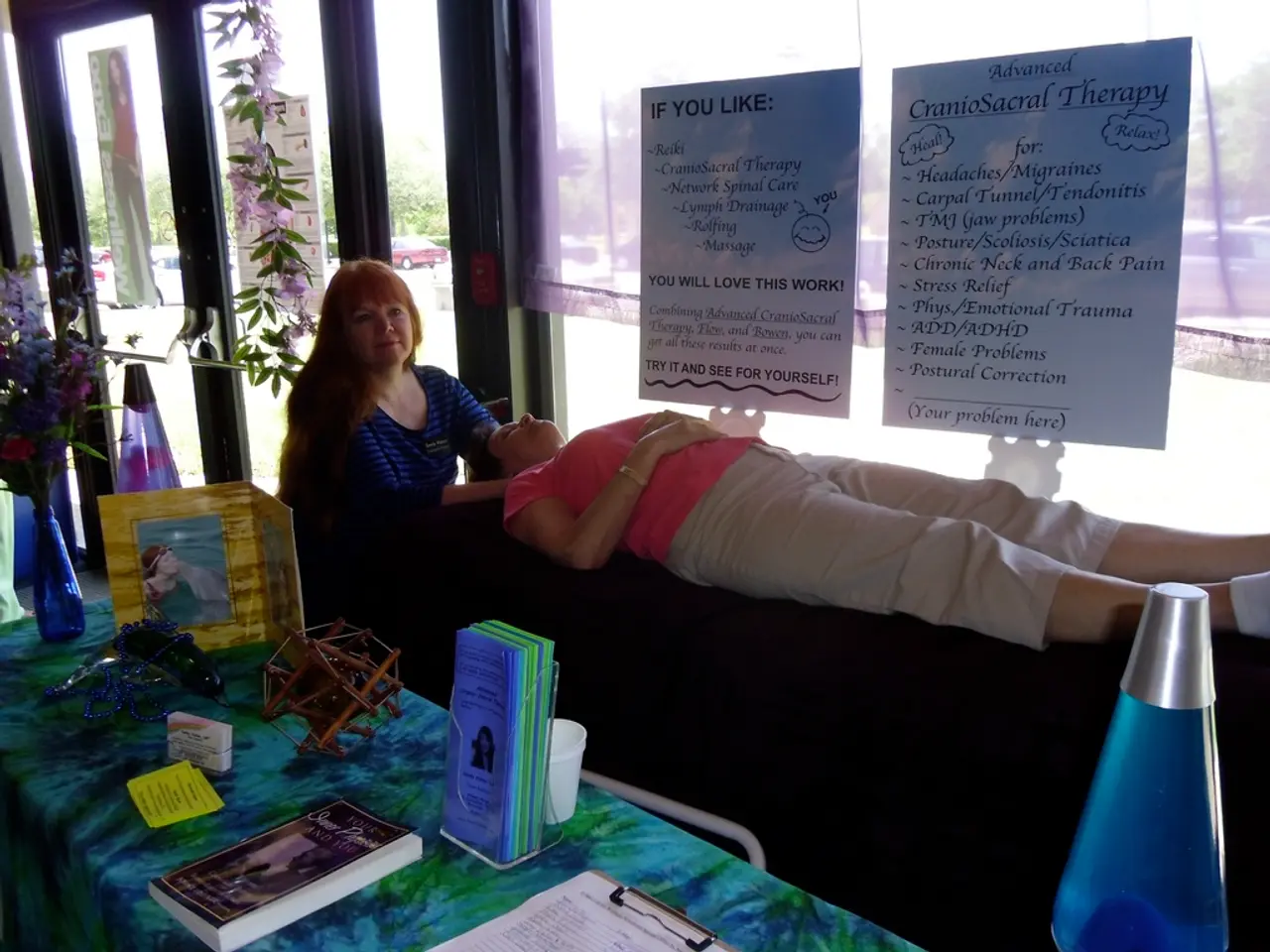Impasse of Choices: Psychological Insights
In the complex world we live in, making decisions can often feel overwhelming. This is especially true for individuals who struggle with decision paralysis, a state where one is unable to make a choice due to an abundance of options or fear of making the wrong decision.
One of the key factors contributing to decision paralysis is cognitive overload. When the brain is presented with a plethora of sensory inputs, it can lead to poor decision-making capacity. This overload can stem from various sources, such as the paradox of choice (having too many options), perfectionism, low self-esteem, mental health factors, information overload, and excessive comparison. In the case of ADHD, neurochemical imbalances can also play a significant role.
Decision paralysis can manifest in multiple aspects of an individual's life, but it can depend on a wide variety of factors such as confidence, previous experiences, support received, values, and more. It can lead to overthinking, increased stress response, anxiety, procrastination, avoidance, lack of productivity, mental fatigue, excessive pursuit of validation, and seeking clarity through more information.
To address decision paralysis, some effective strategies are recognising and acknowledging when you are experiencing it, limiting the number of options, prioritising decisions, shifting focus from fear of regret to potential positive outcomes, accepting imperfection, and seeking professional support for underlying mental health issues.
Navigating out of decision paralysis can be achieved through the Rule of Elimination, setting deadlines, viewing decision-making as a task instead of a test, breaking the decision down into smaller components, opting for choices that meet needs rather than perfectly suiting the situation, reducing noise, using decision-making frameworks such as SWOT analysis, and adopting a mindset change and scientific strategies to build confidence.
It's important to remember that the pursuit of perfection can harm decision-making capacities by placing undue pressure on flawless outcomes and total control. Instead, focusing on good enough can be sufficient. Emotionality can also impact decision-making, as individuals may make decisions based on their feelings rather than rational analysis.
The concept of decision paralysis gained traction in the late 1960s in discussions about decision-making processes in corporate spaces. However, it is a phenomenon that affects individuals in all walks of life. By understanding its causes and applying effective strategies, decision paralysis can be mitigated, leading to more confident and decisive decision-making.
[1] Psychology Today. (2021). Decision Paralysis: The Fear of Making a Decision. [online] Available at: https://www.psychologytoday.com/us/blog/the-power-now/201403/decision-paralysis-the-fear-making-a-decision
[2] Healthline. (2021). Decision Paralysis: Causes, Symptoms, and How to Overcome It. [online] Available at: https://www.healthline.com/health/decision-paralysis
[3] ADDitude. (2021). Decision Paralysis in ADHD: How to Overcome It. [online] Available at: https://www.additudemag.com/adhd/article/151586.html
[4] Forbes. (2019). Overcoming Decision Paralysis: How To Make Choices Easier. [online] Available at: https://www.forbes.com/sites/forbescoachescouncil/2019/08/26/overcoming-decision-paralysis-how-to-make-choices-easier/?sh=722f23f0673c
[5] Verywell Mind. (2021). Decision Paralysis: Understanding and Overcoming the Fear of Making a Decision. [online] Available at: https://www.verywellmind.com/what-is-decision-paralysis-4174779
Science and health-and-wellness literature, such as Psychology Today, Healthline, ADDitude, and Verywell Mind, highlight that decision paralysis – a state of being unable to make a choice due to an excessive amount of options or fear of making the wrong decision – can stem from various factors, including cognitive overload, mental health issues like anxiety and ADHD, emotionality, and information overload. Education and self-development materials, like Forbes, suggest strategies to navigate out of decision paralysis, emphasizing the importance of scientific strategies, such as the Rule of Elimination, SWOT analysis, and breaking down decisions into smaller components, for building confidence and making decisive choices. Personal-growth resources also recommend focusing on good enough instead of perfection, adopting a mindset change, and seeking professional support for underlying mental health issues.




